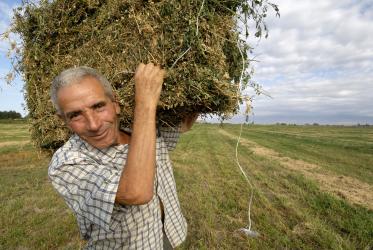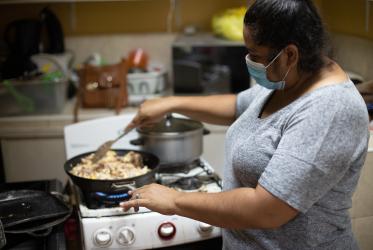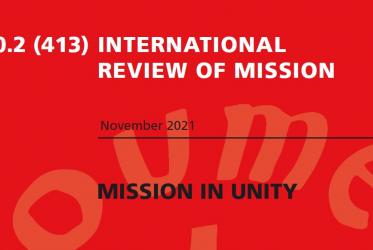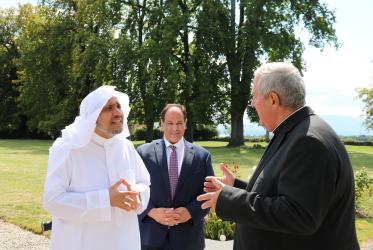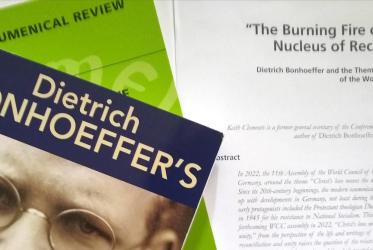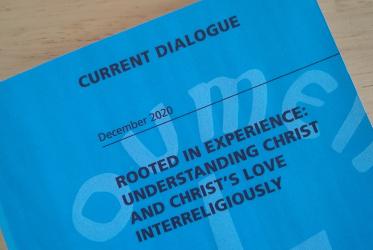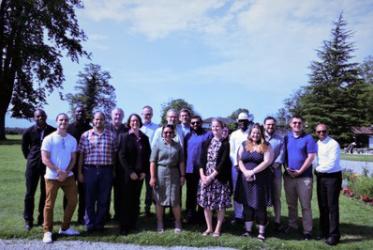Displaying 1 - 20 of 62
WCC Eco-School begins in Crete
15 November 2023
WCC leaders recall life-changing experiences from early days
10 February 2022
WCC welcomes new staff
11 February 2020
Bossey gathers students for interreligious dialogue
02 July 2019
A faith-based, holistic approach to HIV and AIDS-care
13 March 2019
Faith and HIV treatment go hand in hand
06 March 2019
Turning mercy and compassion into action
04 March 2019
On the journey to HIV – bridging gaps, debunking myths
21 February 2019


